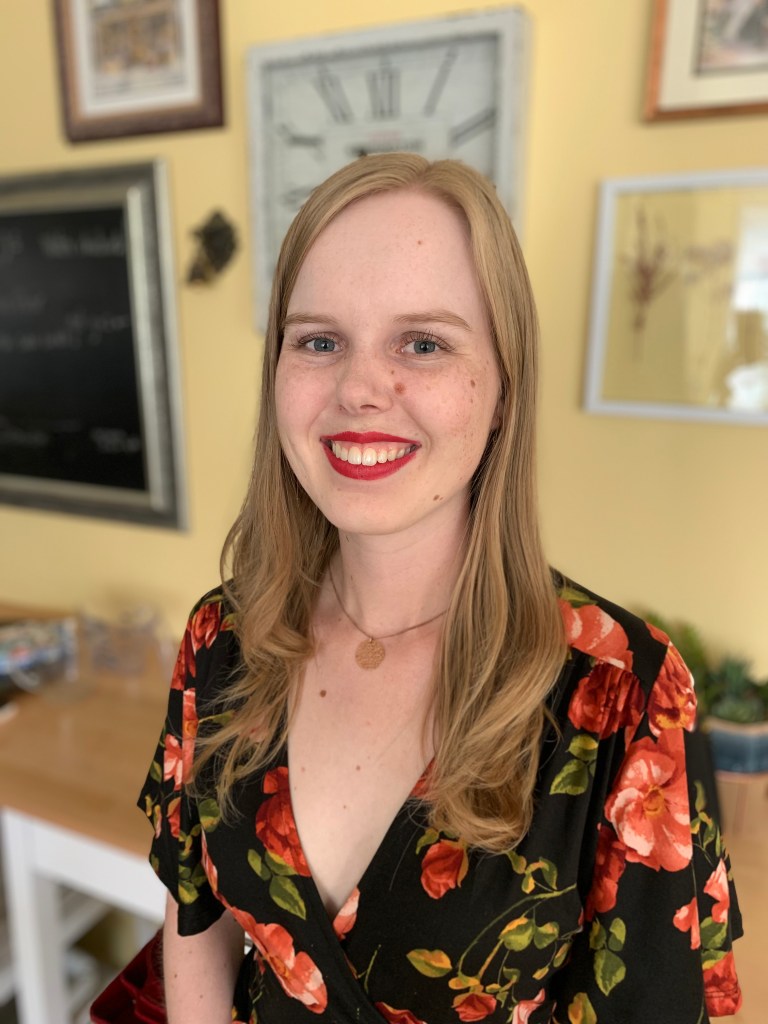
Healing Through Connection and Energy
Sava Wellness is a virtual chronic illness support and personal wellness business. We support people with chronic illnesses and people with visible and invisible disabilities through their wellness journey and we offer wellness services to everyone as a community-oriented business.
Main offerings are energy healing modalities such as Reiki and Intuitive Healing. When you have a chronic illness and/or disability there can be a cycle, where you continue to end up back where you started or stay stuck in negative symptom patterns. This is where energetic healing can help by breaking these patterns. To learn more about each of these services, go to Booking and Contact.
Other services include: Chronic Illness/Disability Reiki Program (5 sessions); Soul Spirit Animal Reading; and a monthly subscription tool box to help with healing and navigating chronic illness/disability, all done virtually. All these services work for people with chronic illness and/or disability, as well as anyone else!
Through Sava Wellness, Sarah is also available for speaking engagements, conference keynotes, and educational webinars to educate and communicate the differences and challenges of living with chronic illnesses and invisible disabilities and to support initiatives to make the world more inclusive.
What We do
- Chronic Illness/Disability Reiki Program
- Reiki
- Intuitive Healing
- Soul Spirit Animal Reading
- Monthly Subscription Healing Tool Box
- Speaking Engagements
Book Now

About
Sava Wellness strives to spread awareness and create a more inclusive world for those with chronic illnesses and disabilities through support, compassion, having empathetic listeners, coming up with solutions to problems that accompany chronic illnesses and disabilities, and creating an inclusive community. Sava Wellness is owned by Sarah (she/her/hers) who lives in Calgary, Canada (Moh’kins’tis, Treaty 7). Sarah has dealt with illness her whole life and has been diagnosed with multiple chronic illnesses.
The journey for Sarah has been long and is still ongoing. Some of the illnesses that Sarah has been diagnosed with include: Lyme Disease, Mold Toxicity, Mast Cell Activation Syndrome, Celiac disease, heavy metal toxicity, as well as viruses, bacteria, and fungal overgrowth. This journey that Sarah has gone through has taught her so much and has enabled her to be an empathetic and compassionate chronic illness support person. Sarah recognizes that being ill is a full-time job and that managing a chronically-ill life requires great support systems. Yes, you need a great health team that surrounds and believes you, as this will help you start your healing and get your body to a happier place. However, you also need a great personal support network around you. Finding a support person who believes in you, understands what you are going through, and cares for you is essential and may be the most important aspect that will help you heal and thrive. Sarah hopes that she can be this support person for you! Being chronically ill or disabled* changes everything in your life: from the food you eat, to the relationships you have, and the careers you can choose from. There is no aspect of your life that will not change after you have been diagnosed. However, it also brings about different perspectives, increase feelings of empathy, increase your resilience, and allow you to come to the realization that you are so much stronger and can survive much more than you could ever have imagined. Sarah will help you on this journey and be with you through it all.
*A note on terminology. Sarah has multiple chronic illnesses and defines herself as disabled. Because her disabilities are not shown on the outside, Sarah uses the term invisible disabilities. She tends to interchange the terms ‘chronically ill’ and ‘invisibly disabled’. These are the terms that Sarah is comfortable with. However, just because Sarah is comfortable with these terms does not mean that everyone is also comfortable using these terms. It is important to ask a chronically ill and/or disabled person what terms they prefer to use.
Testimonials
Sarah’s tender-hearted presence creates a gentle space for deep healing to be possible.
~Jennifer
I found Sarah at Sava Wellness to be very professional and effective. Her kind, calm manner immediately put me at ease.
~Patricia






